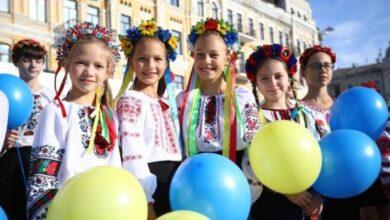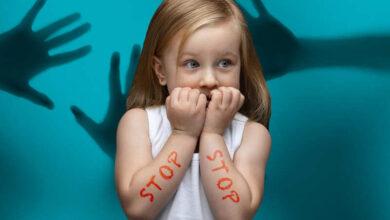The Cabinet of Ministers introduced a one-time assistance for children who returned after deportation or occupation

In Ukraine, the war has been going on for the fourth year, which not only destroyed the infrastructure and the economy, but also left deep scars in the lives of hundreds of thousands of children. A particularly difficult test fell on those who survived the occupation or deportation. The return of these children to the controlled territory of Ukraine is a complex humanitarian, psychological and legal process. It is to support such children that the government decided to provide a one-time financial aid in the amount of 50 thousand hryvnias.
What does the government’s decision mean?
At the initiative of the Ministry of Social Policy, the government introduced a mechanism for the payment of one-time assistance in the amount of 50,000 hryvnias for children who returned from temporarily occupied territories, forced displacement or deportation. As specified on the government portal, the purpose of the assistance is to create appropriate conditions for the child’s reintegration and adaptation after the events experienced.
The benefit is intended for one recipient – the child, but its payment is made through a legal representative: it can be one of the parents, another person with appropriate legal authority, or an officially authorized guardian.
It is necessary to submit an appeal to the State Service for Children. The government has made it clear that this benefit will not be taken into account when calculating the family’s average monthly gross income – so it will not affect other types of social assistance or subsidies that the family already receives or may receive.
Limits of efficiency
The introduction of one-time assistance is only the first stage. The main challenges begin after the formal return. Regional services for children have different levels of provision of specialists and resources, especially in communities that have themselves suffered from hostilities. There is often a lack of psychologists, social workers, and medical professionals with experience working with children who have experienced traumatic events.
In addition, there remains the question of how interdepartmental interaction will work: the return of a child is the area of responsibility of at least three departments – the Ministry of Foreign Affairs, the Ministry of Social Policy and the Office of the Commissioner for Children’s Rights. If this mechanism is not regulated, there is a risk of duplication of functions, loss of responsibility or distortion of priorities — for example, focusing only on the financial part without proper professional rehabilitation.
A separate risk group is children who return without documents or with incomplete information about their parents, place of residence or legal status. It is in these cases that the State Service for Children and local guardianship authorities should play a key role, which should act quickly, clearly and in accordance with the best practices for the protection of children’s rights.
Current scale and real needs
The issue of scale is another weak link. Currently, there is no publicly available information about the exact number of children who can claim such assistance. Probably, their number is limited due to the complexity of return and administrative registration. But this does not reduce the need for detailing the mechanism, since even single cases must be worked out as efficiently as possible.
It is quite obvious that in cases where a child has been under occupation for a long time, or has been forcibly displaced unaccompanied by relatives, 50,000 hryvnias will not cover even the basic costs of treatment, psychotherapy, retraining and legal support. At the same time, in less complicated cases, this help can really be a financial start in the transitional phase.
Raising funds or system support
50,000 hryvnias is an amount that may seem significant at first glance. However, if we assess the real needs of a child who has returned from the occupation, they are rather symbolic. These funds can partially cover the costs of clothing, medical examinations, educational materials, psychotherapeutic support, payment of clubs or housing rent in cases where a family has lost its home. But in many cases—especially when a child returns without a family—this is not enough. The government’s initiative is one element of a wider package of support rather than a stand-alone measure.
The Ministry of Social Policy emphasizes that the process of returning a child is accompanied by drawing up an individual plan that includes three levels of assistance — short-term, medium-term, and long-term. The focus is not only on returning home, but also full reintegration: social, medical, psychological, legal. In case of loss of the family, the child should be placed in a family form of upbringing, and not in a boarding system. The state also declares the provision of support to the child’s family, if any.
The issue of implementing this initiative is key, everything depends on how quickly the guardianship bodies work, whether there are enough specialists capable of drawing up effective individual plans, whether the regions are provided with psychologists, lawyers, rehabilitators, as well as whether there will be funds in the state budget for stable financing of both one-time and long-term care.
There is also the issue of human rights protection for children who return without documents, with unclear status, or who are brought by third parties without legal guardianship. In these cases, the state must provide immediate legal support to prevent the repeated loss of the child in administrative labyrinths.
The introduction of lump sum aid is an important but limited tool. Its effectiveness will be determined not by the fact of payment itself, but by the state’s ability to provide a stable, accessible, professional support environment around the child. If the mechanism is not integrated into a wider reintegration strategy, with the risk of the child being lost sight of after the funds are disbursed, it will lose its meaning. Therefore, the key task is not only to issue assistance, but to provide support in each case to full adaptation to legal and social norms.





